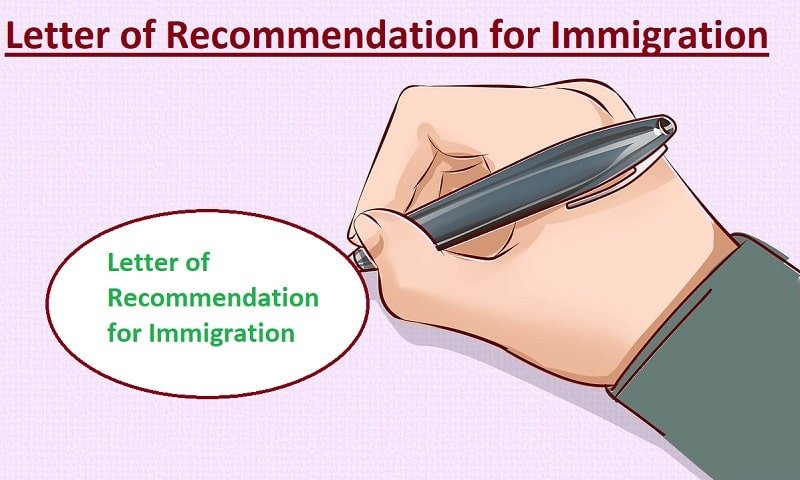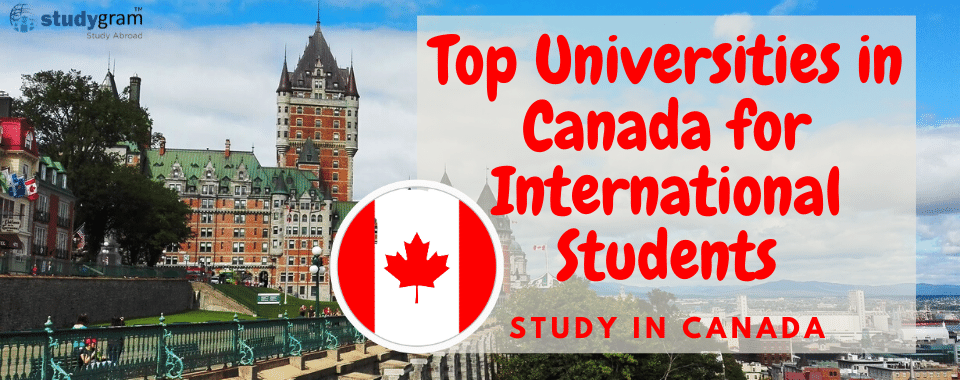When it comes to aerospace engineering, several universities in Canada offer exceptional programs that prepare students for careers in this dynamic field. While the “best” university may vary based on personal preferences and career goals, the following institutions are renowned for their aerospace engineering programs:
1. University of Toronto
The University of Toronto’s Institute for Aerospace Studies (UTIAS) offers a comprehensive aerospace engineering program. UTIAS collaborates closely with industry partners and focuses on research areas such as aerospace systems, aerodynamics, propulsion, and materials. Students benefit from state-of-the-art facilities and cutting-edge research opportunities.
- Admission Requirements: High school diploma or equivalent, specific prerequisite courses (e.g., mathematics, physics, chemistry), competitive GPA, and completion of supplementary application forms.
- Average Annual Tuition Fee: CAD 30,000-40,000.
2. Carleton University
Carleton University’s aerospace engineering program provides a strong foundation in aerospace sciences and engineering principles. The curriculum covers topics such as aircraft design, propulsion systems, flight dynamics, and space systems. Carleton’s close proximity to government agencies and aerospace companies offers excellent networking and career opportunities.
- Admission Requirements: High school diploma or equivalent, specific prerequisite courses (e.g., mathematics, physics, chemistry), competitive GPA, and completion of a Supplementary Information Form.
- Average Annual Tuition Fee: CAD 20,000-25,000.
3. University of British Columbia
The University of British Columbia (UBC) offers an aerospace engineering option within its mechanical engineering program. Students can specialize in areas such as aircraft design, flight dynamics, and aerodynamics. UBC’s strong focus on research and collaboration with industry partners provides students with valuable hands-on experiences.
- Admission Requirements: High school diploma or equivalent, specific prerequisite courses (e.g., mathematics, physics, chemistry), competitive GPA, and completion of a Personal Profile Form.
- Average Annual Tuition Fee: CAD 30,000-40,000.
4. École Polytechnique de Montréal
As a leading engineering institution in Quebec, École Polytechnique de Montréal offers an aerospace engineering program that covers a wide range of topics, including aeronautics, space systems, and aircraft design. The program emphasizes practical training and includes internships and industry projects.
- Admission Requirements: Completion of the Quebec CEGEP program or equivalent, specific prerequisite courses, competitive GPA, and French language proficiency.
- Average Annual Tuition Fee: CAD 10,000-15,000 (Quebec residents), CAD 20,000-25,000 (non-Quebec residents).
Read: Best Universities for Civil Engineering in Canada
5. Ryerson University
Ryerson University’s aerospace engineering program provides a comprehensive education in aerospace design, materials, propulsion, and flight mechanics. Students benefit from hands-on experiences through laboratory work, research projects, and industry partnerships. Ryerson’s location in downtown Toronto offers opportunities for collaboration with aerospace companies.
- Admission Requirements: High school diploma or equivalent, specific prerequisite courses (e.g., mathematics, physics, chemistry), competitive GPA, and completion of a Supplementary Form.
- Average Annual Tuition Fee: CAD 20,000-25,000.
6. Concordia University
Concordia University in Montreal offers an aerospace engineering program that focuses on aircraft design, aerospace structures, and aerodynamics. Students gain practical experience through laboratory work, design projects, and cooperative education opportunities. Concordia’s strong connections with the aerospace industry provide valuable networking opportunities.
- Admission Requirements: High school diploma or equivalent, specific prerequisite courses (e.g., mathematics, physics, chemistry), competitive GPA, and completion of a Supplementary Application Form.
- Average Annual Tuition Fee: CAD 25,000-30,000.
Please note that the mentioned admission requirements and tuition fees are approximate values and may vary. It is advisable to visit the respective university websites for the most accurate and up-to-date information on requirements and fees.
Best courses for aerospace engineering
In the field of aerospace engineering, several key courses provide a strong foundation and are considered essential for students pursuing a career in this discipline. These courses cover fundamental principles, technical skills, and specialized knowledge required in the aerospace industry. Here are some of the best courses for aerospace engineering:
- Aerodynamics: This course focuses on the study of airflow around aircraft and spacecraft, including principles of lift, drag, and stability. Students learn about wing design, airfoil analysis, and computational fluid dynamics.
- Aircraft Structures: This course covers the structural design, analysis, and behavior of aerospace materials and components. Students learn about stress analysis, fatigue, and failure theories, as well as composite materials used in aircraft structures.
- Flight Dynamics and Control: This course explores the dynamics and control systems of aerospace vehicles. Topics include aircraft stability, control surfaces, flight control systems, and autopilots. Students gain an understanding of aircraft stability and maneuverability.
- Propulsion Systems: This course focuses on the principles and operation of aircraft and spacecraft propulsion systems. Students learn about jet engines, rocket engines, and their components. Topics include thermodynamics, combustion, and propulsion performance analysis.
- Space Systems Engineering: This course provides an overview of space systems and their design, including satellites, space probes, and launch vehicles. Students learn about orbital mechanics, space environment, mission planning, and satellite subsystems.
- Avionics and Instrumentation: This course covers aircraft electronics, instrumentation, and control systems. Students study flight instrumentation, navigation systems, communication systems, and digital avionics.
- Aerospace Materials and Manufacturing: This course focuses on the selection, processing, and behavior of materials used in aerospace engineering. Students learn about metallic alloys, composite materials, manufacturing processes, and quality control.
- Aircraft Design: This course provides an introduction to aircraft design principles and methodologies. Students learn about conceptual design, aerodynamic considerations, structural design, and aircraft performance analysis.
- Spacecraft Systems: This course explores the design, operation, and control of spacecraft systems. Topics include attitude control, power systems, thermal management, telemetry, and telecommand.
- Systems Engineering: This course covers the interdisciplinary approach to engineering complex aerospace systems. Students learn about requirements analysis, system architecture, integration, and verification and validation.
These courses may vary slightly depending on the university and program. It’s important to consult the specific curriculum of your chosen institution to determine the exact courses offered and tailor your selection based on your interests and career goals. Additionally, universities may offer advanced and specialized courses in areas such as satellite design, computational methods, and aircraft simulation.
Read: Best Universities for Biology in Canada
Remember to consider factors beyond just requirements and fees, such as program curriculum, research opportunities, industry connections, and campus environment, to make an informed decision about the best fit for your academic and career aspirations.


